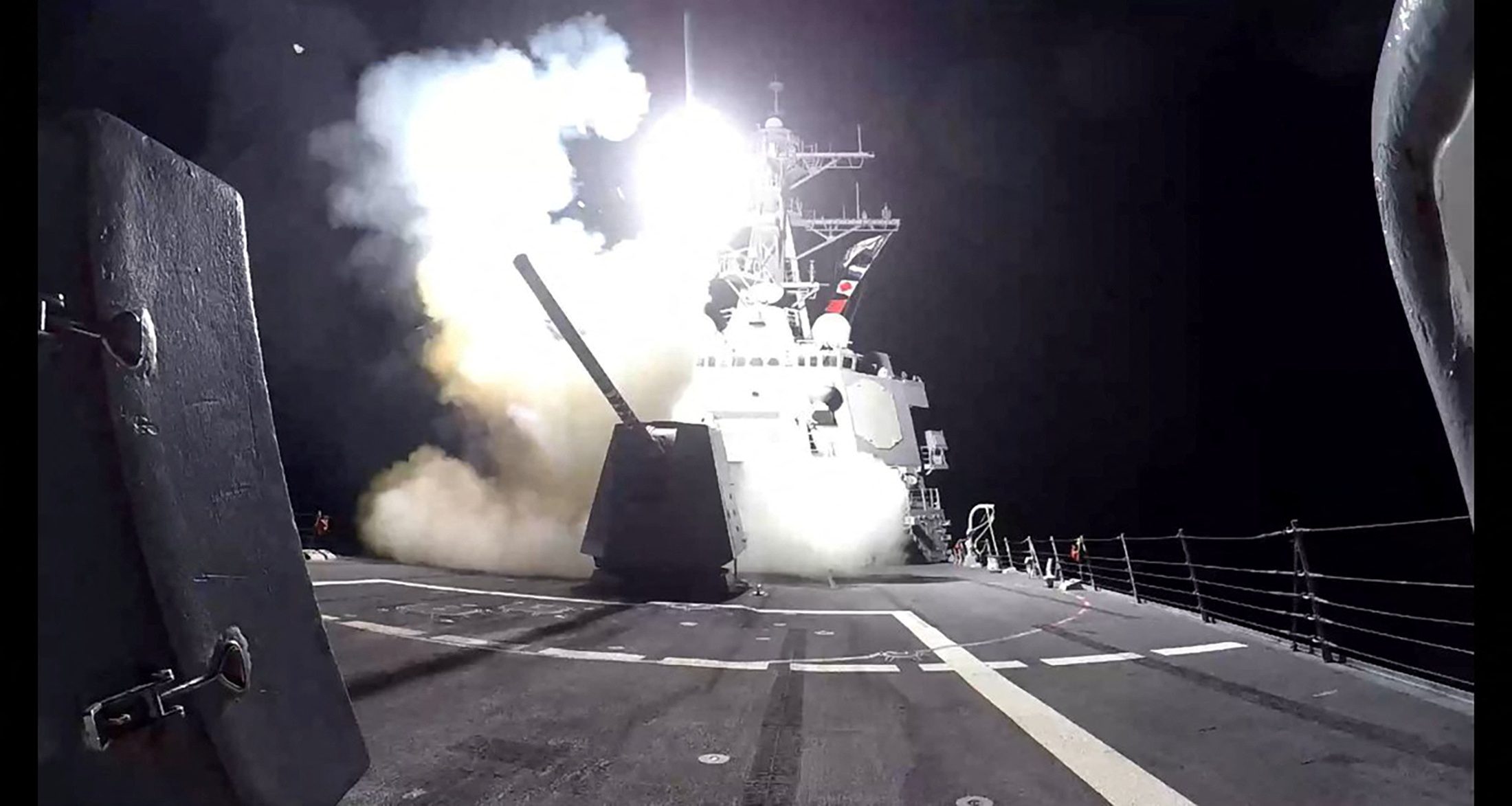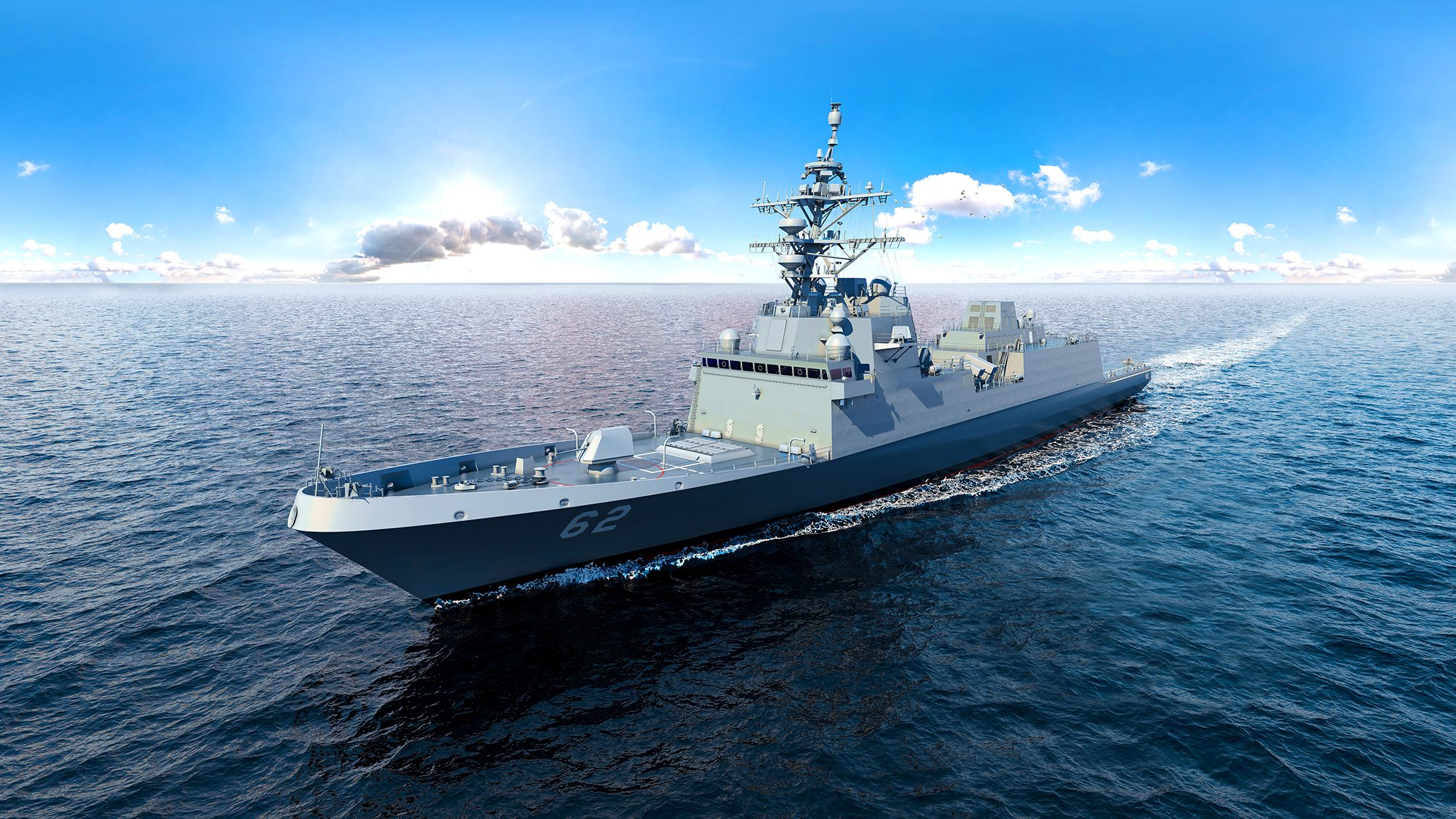by John Konrad (gCaptain) On Tuesday, Turkey made the controversial decision to block two British minehunter ships from entering the Black Sea, citing the Montreux Convention. This move has sparked criticism and confusion, as the UK, not being a combatant in the Russia-Ukraine conflict, is not actually restricted by the terms of the Montreux Convention. Turkey’s claim thus appears to misinterpret or misapply the convention, casting doubt on the true motives behind this decision in the complex geopolitical landscape of the Black Sea region.
“Turkey has implemented Montreux impartially and meticulously,” the presidency said in a statement. “This is to prevent escalation in the Black Sea.”
This issue has renewed importance following news last week that a Panama-flagged bulk carrier that was heading to the River Danube port to load grain hit a Russian mine in the Black Sea, injuring two crew members, Ukrainian officials said on Thursday. Meanwhile Turkey’s own plans to form a minesweeping group have been delayed since at least October.
Turkey’s recent decision to prohibit the passage of two British minehunter ships donated to the Ukraine navy through its straits en route to the Black Sea, despite the UK not being a belligerent nation in the Russia-Ukraine conflict, has sparked significant discussion in naval circles. This decision highlights the complexities and confusion surrounding the application of the 1936 Montreux Convention and Turkey’s diplomatic maneuvers.
Also read: Blockade Of Ukraine – Did Turkey Put NATO Shipping At Risk?
Originally, the Montreux Convention, which Turkey invoked following Russia’s invasion of Ukraine in 2022, governs the passage of military vessels through the Bosporus and Dardanelles Straits during times of war. It specifically restricts access for belligerent countries’ warships. Since the UK is not considered a belligerent nation in the Russia-Ukraine conflict, the Montreux Convention’s Article 19 would not apply to their naval vessels.
However, the key issue here is Turkey’s separate diplomatic request, also made in February 2022, which asked non-Black Sea navies to avoid entering the Black Sea during the conflict. This request, though distinct from the Montreux Convention, has been somewhat conflated with it in Turkey’s recent communications. By blending the convention’s provisions with its own diplomatic stance, Turkey appears to be suggesting that its hands are tied by international law, whereas, in reality, the prohibition of non-belligerent nations like the UK is more a matter of Turkey’s own diplomatic policy.
The UK’s donation of ships to Ukraine may have led Turkey to perceive a violation of Article 19. This raises a critical question: why didn’t the UK deploy these ships with Royal Navy crews, or alternatively, donate them to Romania, a non-combatant neighbor? Inside sources from NATO, speaking to gCaptain, reveal that Turkey has also objected to allowing UK’s NATO mine countermeasures group to operate in the Black Sea, further complicating the geopolitical dynamics of the region.
Turkey’s position, while seemingly restricted by international law, is more a reflection of its diplomatic choices, particularly towards non-combatant countries like the UK. Moreover, the Montreux Convention’s rules on belligerent vessels don’t apply to all types of ships. The steady flow of merchant ships supplying Russian forces with arms, and the free movement of Russian naval auxiliaries (like the military tanker Ukraine targeted in August) through the Bosporus Strait since the start of the war, exemplify this.
“Minesweepers are purely defensive and do not pose a threat to the Russian navy. They are also needed to remove moored mines and assist in removing drifting mines, which both threaten commercial shipping,” said military analyst Aaron Stein in a recent War on the Rocks article titled Side-Stepping Turkey: Using Minesweepers to Increase Allied Presence in the Black Sea. “These ships could transit the Bosporus and Dardanelles, which Turkey controls, without violating the Montreux Convention and could facilitate the export of grain through a route that hugs the western coast of the Black Sea.”
This distinction between a treaty and a diplomatic request is critical in understanding Turkey’s position and actions. While Turkey maintains that it is applying the Montreux Convention “impartially and meticulously” to prevent escalation in the Black Sea, its decision to block non-belligerent nations’ ships, like the British minehunters, is based on a separate diplomatic policy. This policy decision reflects Turkey’s broader strategic interests and its delicate balancing act between NATO commitments and its relations with Russia.
“Turkey blocking Royal Navy minehunters is a misuse of the Montreaux convention,” said Admiral Admiral James Stavridis, former Supreme Allied Commander at NATO. “Minehunters are entirely defensive. Their use allows Ukraine to keep its economy alive. As a NATO ally, Turkey should reverse course here and allow these ships to transit.”
The situation is further complicated by the recent incident involving a Panama-flagged bulk carrier striking a mine in the Black Sea, exacerbating concerns about maritime safety in the region. This incident underscores the heightened risks in the Black Sea waters and the importance of naval capabilities like minehunters in ensuring safe navigation.

 Join The Club
Join The Club










